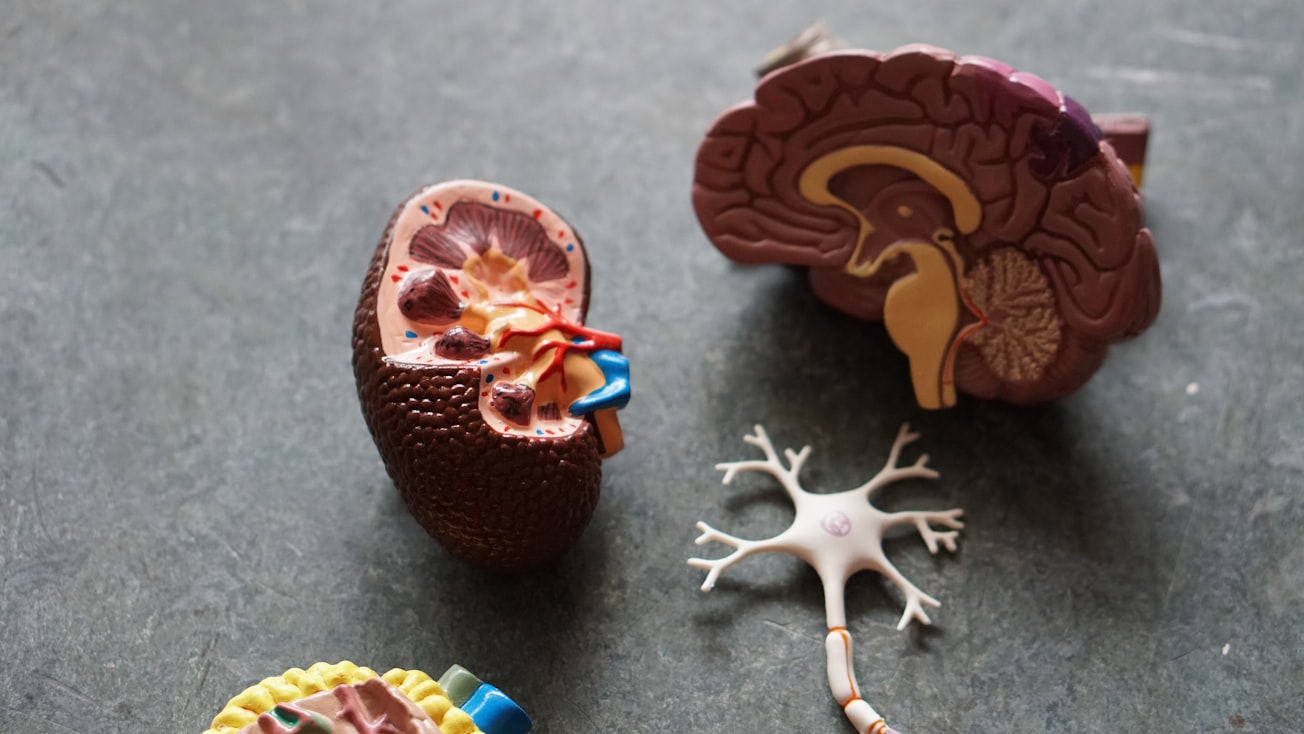What is it about?
One in four cancer patients treated with cisplatin develop chronic kidney disease, which will require stopping this life saving drug . To prevent the development of kidney disease caused by cisplatin, we modified an agonist peptide derived from the secreted survival protein renalase by encapsulating in nanoparticles specifically designed to be taken up by the regions of the kidney most likely to be damaged by cisplatin. We found the renalase peptide drug, given once a week, was extremely effective at preventing the development chronic kidney disease in mice treated with cisplatin. The drug protected kidney cells from dying and markedly decreased inflammation in the kidney tissues.
Featured Image

Photo by Robina Weermeijer on Unsplash
Why is it important?
Cisplatin is a highly effective anticancer drug, but its use is limited by the development of chronic kidney disease. By reducing kidney damage and inflammation and preventing chronic kidney disease, the renalase peptide drug will allow more cancer patients to receive treatment with cisplatin and to achieve better outcomes by decreasing complications.
Perspectives
I believe this is an excellent example of collaborative translational work carried out by and oncologist, Dr. Barbara Burtness, and two nephrologists, Dr Robert Safirstein and me. As importantly, it builds a bridge between the discovery and characterization of renalase in my laboratory, and two important clinical conditions, acute kidney injury (AKI) and chronic kidney disease (CKD).
Gary Desir
Yale University
Read the Original
This page is a summary of: Kidney-Targeted Renalase Agonist Prevents Cisplatin-Induced Chronic Kidney Disease by Inhibiting Regulated Necrosis and Inflammation, Journal of the American Society of Nephrology, December 2021, American Society of Nephrology,
DOI: 10.1681/asn.2021040439.
You can read the full text:
Resources
Contributors
The following have contributed to this page







